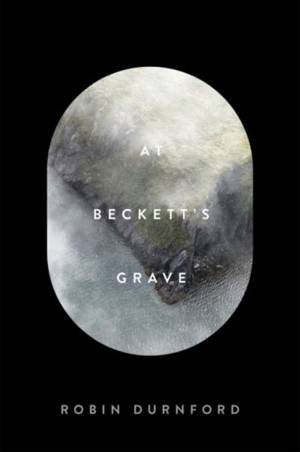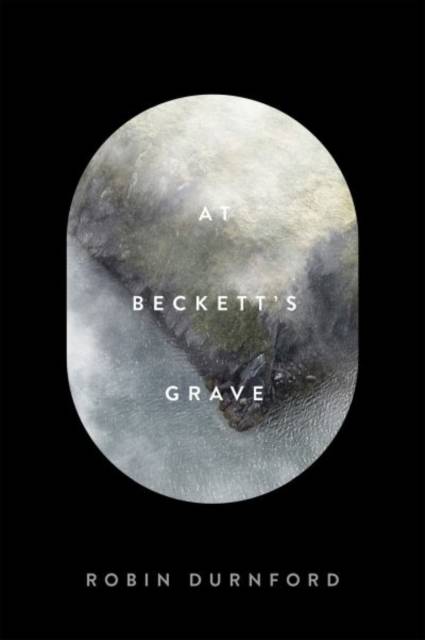
- Afhalen na 1 uur in een winkel met voorraad
- Gratis thuislevering in België vanaf € 30
- Ruim aanbod met 7 miljoen producten
- Afhalen na 1 uur in een winkel met voorraad
- Gratis thuislevering in België vanaf € 30
- Ruim aanbod met 7 miljoen producten
Zoeken
€ 27,95
+ 55 punten
Omschrijving
that moment / when nothing happens, you want it all to come / back to get you, even the hard stuff-- Our increasingly nihilistic age is marked by profound sorrow. We are grieving institutions, art forms, the natural world, our communities - even our very humanity. We are overwhelmed by lives lost to war, violence, genocide, poverty, natural disasters, and disease. We live with the knowledge that a random occurrence could bring an absurd end to any life at any time. In At Beckett's Grave Robin Durnford gazes at the granite slab marking the resting place of the Irish playwright. In the middle of the ornate tombstones of an overgrown cemetery in Paris, Durnford finds a powerful metaphor in Samuel Beckett - the artist, the exile, the anti-fascist who joined the French resistance. Beckett's work - and the stark memory of his life - cuts through grandiose self-regard with a razor-sharp message: there is no final meaning. Yet we move forward, regardless. It turns out that the pause--the stage direction central to so many of Beckett's plays--may be the answer. Grief for an absent loved one never truly ends. Grief itself will never end. Yet, the poetic pause creates space for grief to breathe. During that lingering breath, abiding sorrow carves a path toward hope, one word, one poem, at a time.
Specificaties
Betrokkenen
- Auteur(s):
- Uitgeverij:
Inhoud
- Aantal bladzijden:
- 120
- Taal:
- Engels
- Reeks:
Eigenschappen
- Productcode (EAN):
- 9780228025641
- Verschijningsdatum:
- 16/09/2025
- Uitvoering:
- Paperback
- Formaat:
- Trade paperback (VS)
- Afmetingen:
- 122 mm x 190 mm
- Gewicht:
- 68 g

Alleen bij Standaard Boekhandel
+ 55 punten op je klantenkaart van Standaard Boekhandel
Beoordelingen
We publiceren alleen reviews die voldoen aan de voorwaarden voor reviews. Bekijk onze voorwaarden voor reviews.








